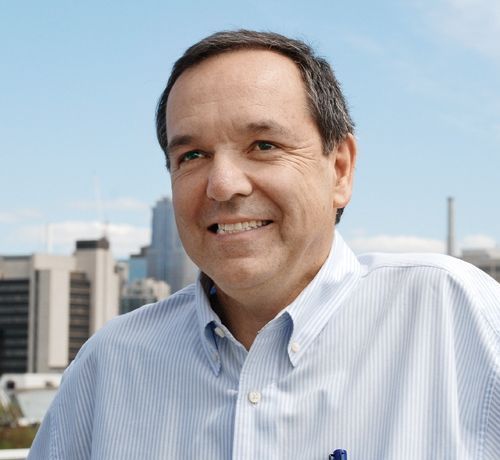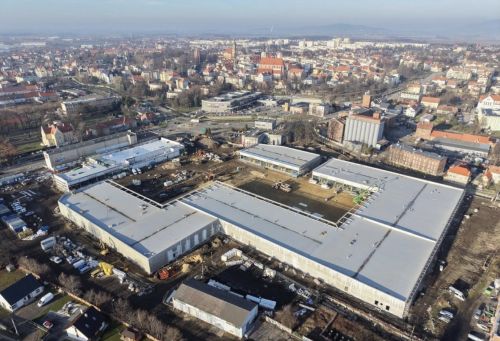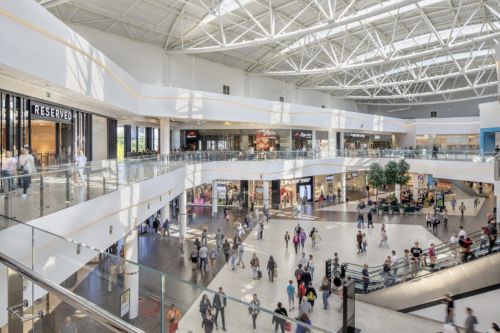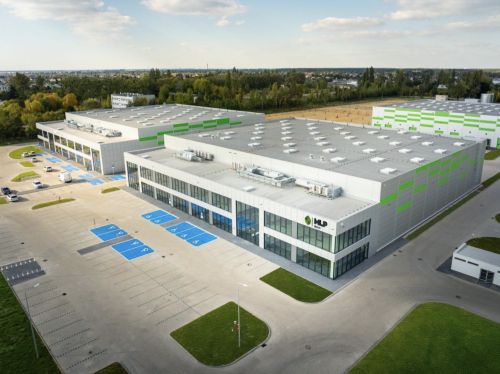Rafał Ostrowski, ‘Eurobuild Central & Eastern Europe’: You are sometimes described as a specialist on ‘mobility’. Why the word ‘mobility’ and not just transport?
Gil Peñalosa, founder and chair of 8 80 Cities: By transport we usually mean just moving people and goods from one point to another, whereas mobility has a much broader sense. We have to consider that some people move around on foot and some by bike – and we should look at how these patterns affect our well-being and the cities themselves. Let’s take, for example, pavements – we do not use them just for walking, but as a place where people build their communities, meet their neighbours, boyfriends and girlfriends, where people do their shopping, sit and rest and watch the world go by. So the factors we consider go way beyond what people consider as transport.
How can our cities be improved?
I think we need to decide how we want to live – then many other decisions will follow. For example, we need to





























































